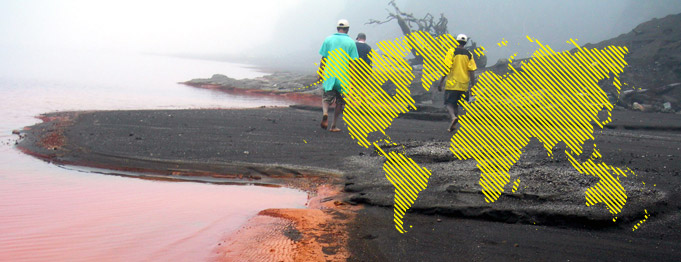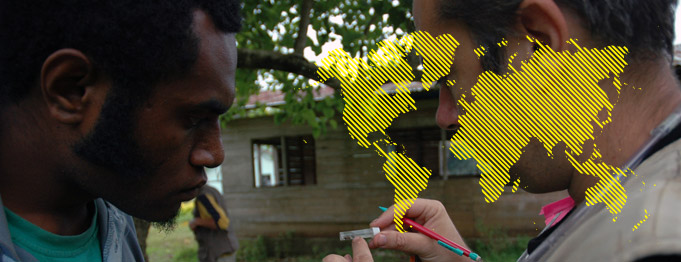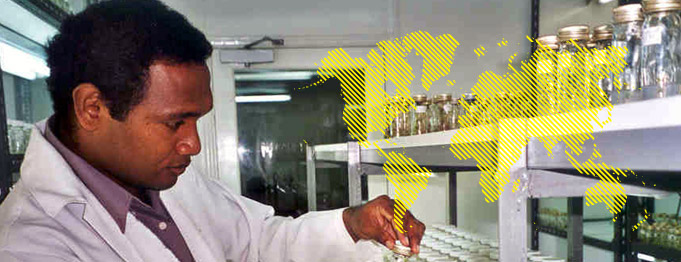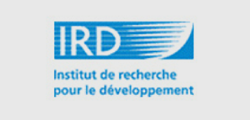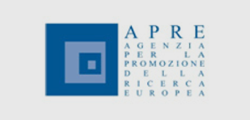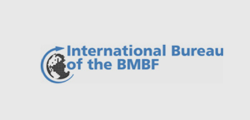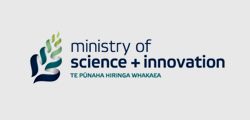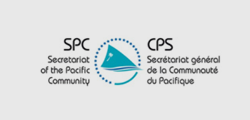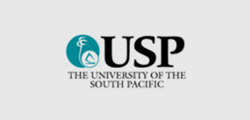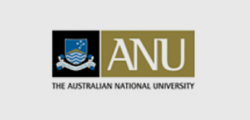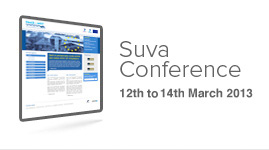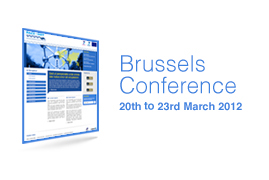France-Australia Science Innovation Collaboration (FASIC) program Early Career Fellowships 2012
The Australian Academy of Science invites applications from Australian researchers for the France-Australia Science Innovation Collaboration (FASIC) Program
Early Career Fellowships.
French researchers interested in travelling to Australia should apply through an equivalent program administered by the EGIDE.
Read more on: http://www.egide.asso.fr/jahia/Jahia/accueil/appels/phc/appelphc/fasic
The Early Career Fellowships are a component of the FASIC Program, a platform for bilateral collaboration in science jointly managed and funded by the governments of Australia and France. The FASIC Program is a joint fund to support high calibre Australian and French early career researchers (ECRs) nominated by their institutions, to expand research and innovation activities and to initiate sustainable research networks and linkages to support both countries’ research and innovation priorities.
Applicants should propose a collaborative research activity that has been developed in consultation with the host organisation in France. Proposals will be assessed on the scientific merit of the research (including the value of collaboration with France), the demonstrated achievements of the applicant in the context of his/her career to date, the leading edge research capacity of the proposed host researcher and institution and the value of the expected outcome of the research project to Australian science. A letter of invitation from the host institution(s) commenting on the proposed collaboration must be submitted with the application.
The fellowship is not intended to supplement or extend either study or sabbatical leave that is being conducted overseas and support will not be given when the primary purpose of the visit is to attend a conference.
Fields of research
Candidates should be research active in the fields of (1) medical science and biotechnology; (2) energy, including clean energy; (3) sustainable infrastructure and transportation; and (4) climate change and environment in the areas of marine science; land and water management and fire management.
Candidates engaged in multidisciplinary research are invited to apply but should note that proposals for research solely in the humanities, social or behavioural sciences are not eligible.
Eligibility
The application will be submitted by the Research Office of the institution. Each institution is limited to applying for one grant on behalf of a single ECR per field of research. Eligible institutions include higher education institutions, publicly funded research agencies, private not for profit research organisations and firms that pursue research. The ECR must:
•hold a PhD degree which has been awarded between 1 January 2008 and 1 January 2012; and
•be an Australian citizen or an Australian permanent resident, living in Australia at the time of submitting the grant application (if the ECR was not born in Australia, please provide proof of Australian citizenship or Australian permanent residency).
Terms of award
Funds will be provided to the ECR’s research institution (the applicant) to contribute to the cost of travel and living expenses. The grant will be provided for the nominated ECR to visit France to develop research activities with one or several French institutions and to initiate and establish research networks and linkages. The Australian institution will be responsible for supporting the ECR’s visit to France, assisting the ECR in relation to follow-up activities, where relevant, and liaising with the Academy in relation to administering the grant.
Successful applicants may receive from the Academy a grant-in-aid of up to the value of $10,000 (GST exclusive of GST) towards the cost of:
•an international return economy class airfare from Australia to the international airport closest to the host institute;
•a daily living allowance (for accommodation and living expenses) of $200 per day or $2, 500 per month (whichever is the lesser amount);
•domestic travel within France, if relevant;
•participating in conferences and/or symposia, if relevant; and
•subsequent follow-up activities with one or more French institutions, if relevant.
The visit to France must be for a minimum of 2 weeks and activities must be completed by 31 December 2012. ECRs will be responsible for making their own travel and accommodation arrangements, in consultation with the host institution as appropriate. Dependents may accompany fellows at the fellow’s own cost. The grant does not provide funds for bench fees, managerial, visa or insurance costs.
Intellectual property rights
Collaborative activities will protect IP rights which relate to or arise from innovations developed under the joint research activities. The ascription and allocation of rights and interests regarding IP will occur on the basis of respective contribution and equitable interests. The allocation of IPRs arising from the joint research activities will occur on the basis of an arrangement developed jointly for each grant and in accordance with laws and regulations in force in Australia and France.
Reporting requirements
Successful Australian institutions will be required to submit a short report and provide evidence demonstrating that the funds have been appropriately expended within one month of completing all activities.
Materials to be submitted (in the following order)
•Application form
•Copy of PhD Degree
•Proof of Australian citizenship/Australian permanent residency (only for applicants not born in Australia)
•Curriculum Vitae or track record
•Letter of invitation from each host being visited
•Statements detailing institution’s track records in the specified field of research (if required)
•Details of conference/symposia
•Referee report
Completed applications, including supporting documentation, must be submitted electronically, in PDF format, by a Research Office or grants office if from the private sector to is@science.org.au
Deadline for applications: COB Friday 13 April 2012


